Colleges Are Deluding Themselves
Institutions are letting their financial and reputational worries cloud their judgment about when they can safely reopen.

Send us a link
Institutions are letting their financial and reputational worries cloud their judgment about when they can safely reopen.

Young people think of college as an investment in their future. Now that future is changing in ways they can't apprehend.

Instead of supporting the 54% of staff on insecure contracts, many managers are using the pandemic to sack them.

The new and improved Times Higher Education (THE) Impact Rankings 2020 were published this week with as much online fanfare as THE could muster. Unfortunately,
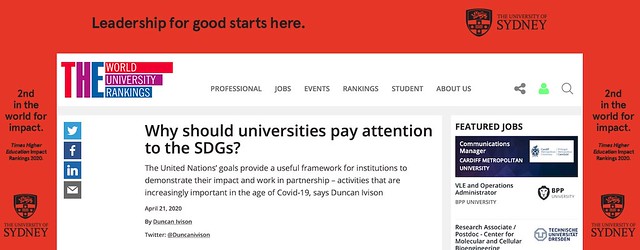
Andy Westwood sets out the not-insignificant challenges that the government now faces in deciding what it wants from universities after the pandemic.
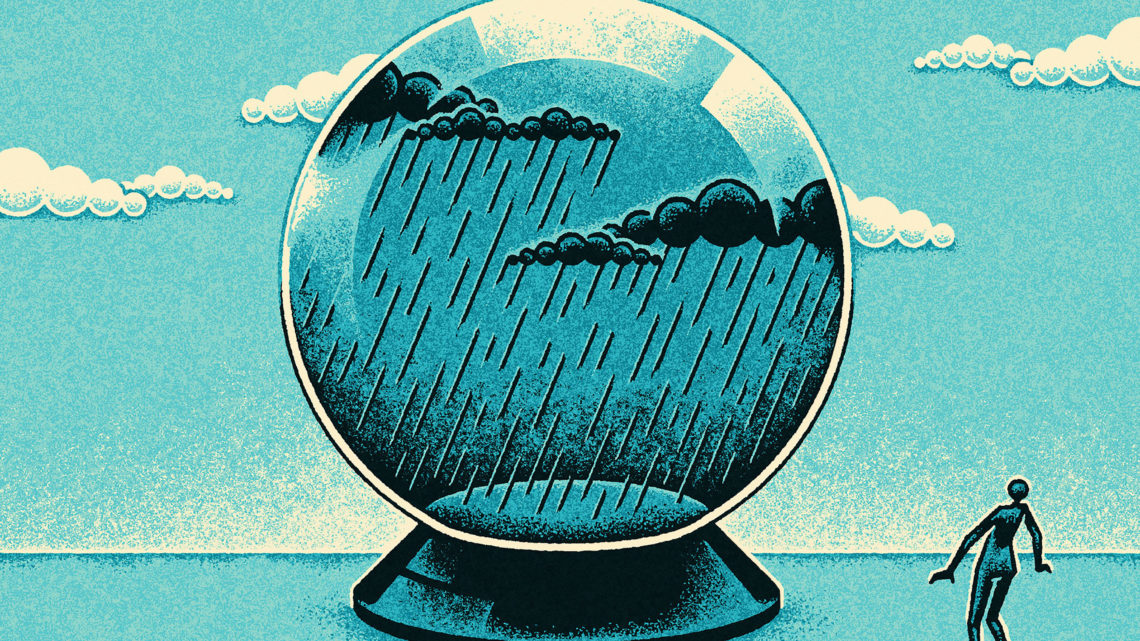
To create a better post-COVID-19 world requires democratic civic universities dedicated to producing knowledge and educating ethical, empathetic stude...

Do students really need a four-year residential experience?
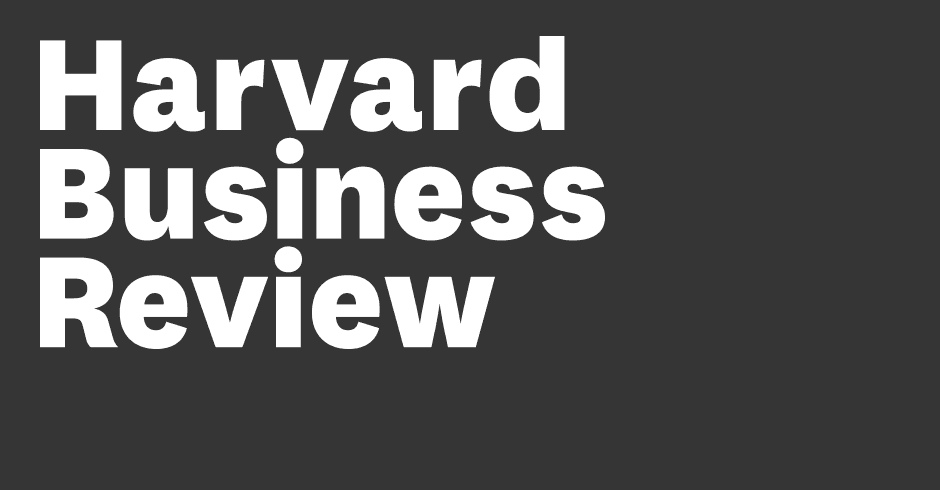
Universities across Europe are grappling with digital problems, after the COVID-19 pandemic forced campuses to shut down and move research and teaching online. Digital capabilities are not distributed equally across European universities, and deficiencies have delayed implementing systems for online teaching. Bandwidth and student access to computers is also an issue.
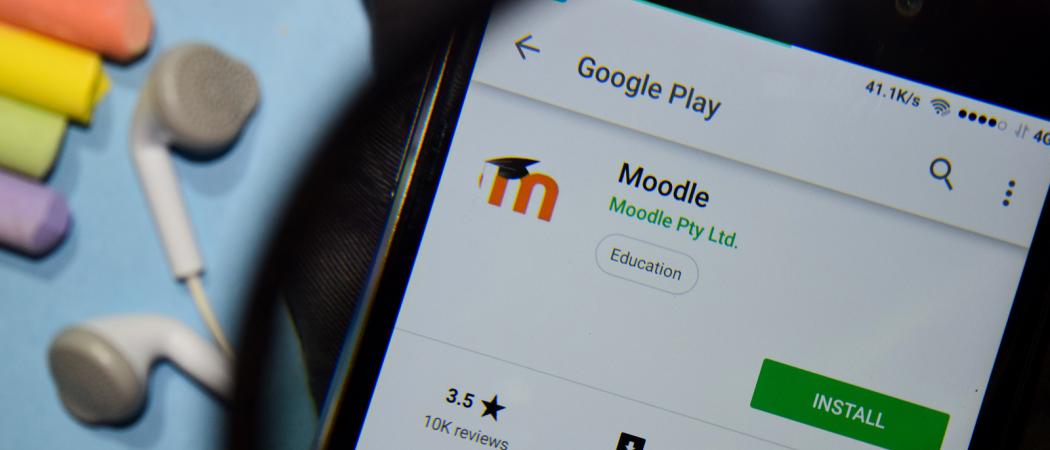
Non-tenure track faculty at community and city colleges across the country told Motherboard they have not received sufficient pay, training, or equipment to teach classes online-and the consequences could be devastating for students.
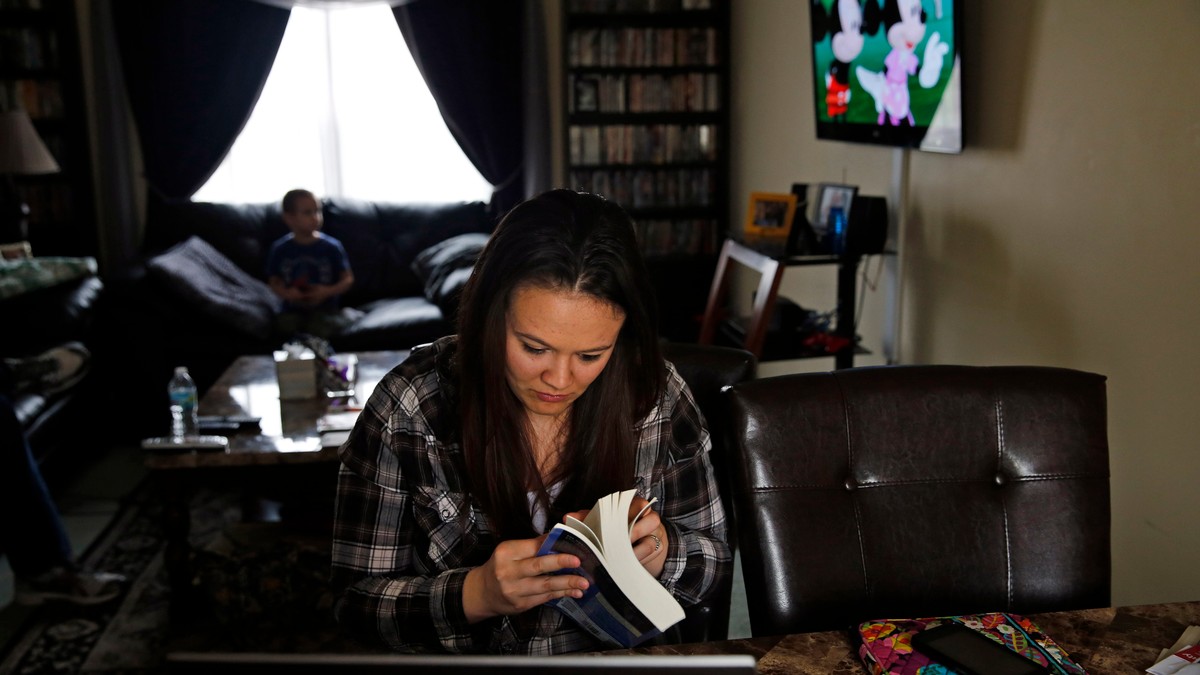
The university analysts at QS have published their 2020 rankings by subject.
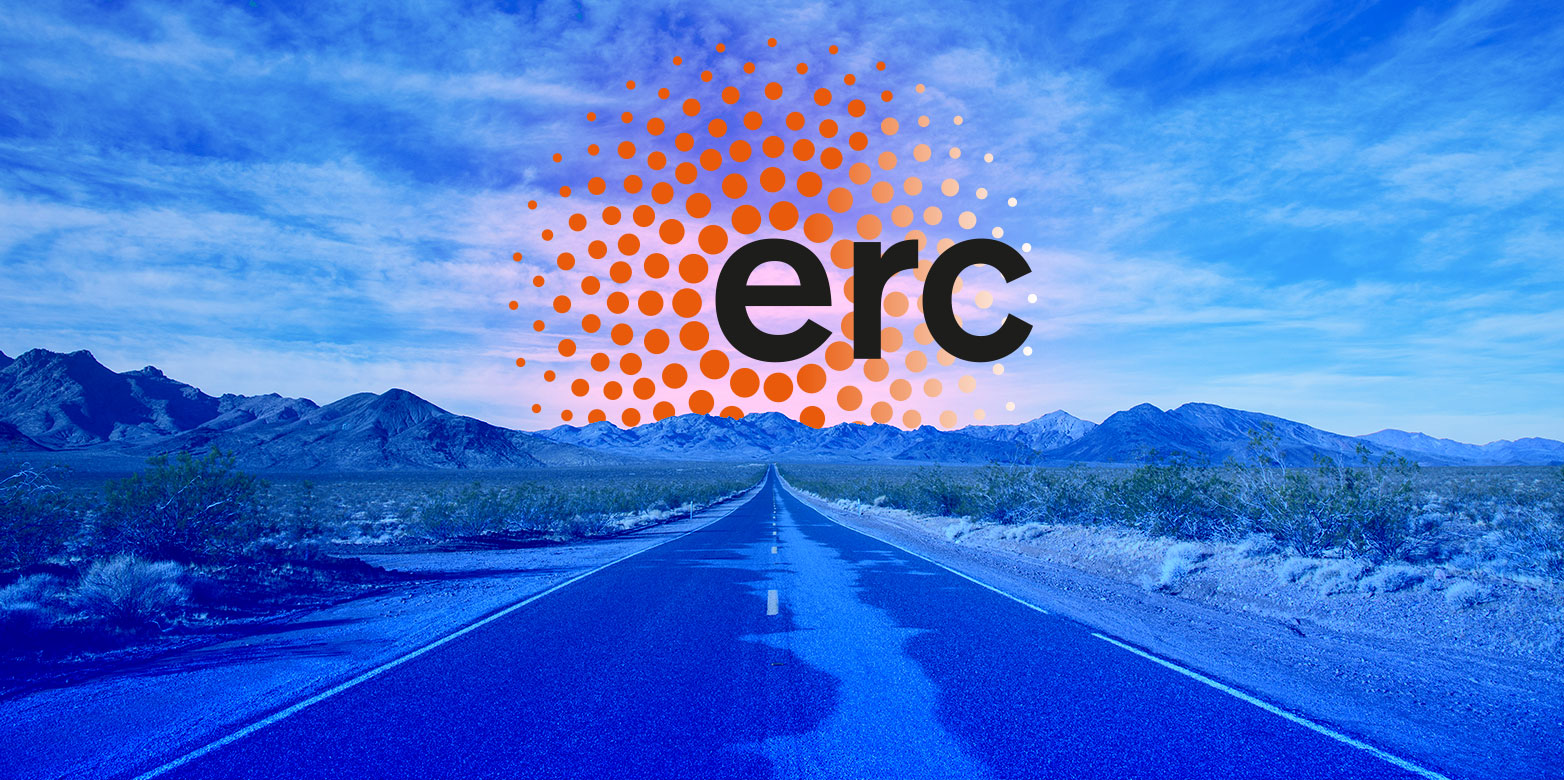
Adult learning is at a 20-year low because mature students can't study flexibly. This must change

Some students do feel political pressure from their professors, but few change their views.
This report shows the results of a survey conducted in spring 2019 among all people who received a PhD in political science from a Swiss university during the last eleven years (2008 to 2018) and among postdocs working in a Swiss university in June 2019. Thus, this survey sheds light on the experiences and career paths of both postdocs and doctors in political science who left academia. Moreover, it compares the results regarding postdocs with a similar study carried out in 2012.
The incident raises important questions about how institutions handle accusations of harassment that occurred at different universities - particularly in the #MeToo era.
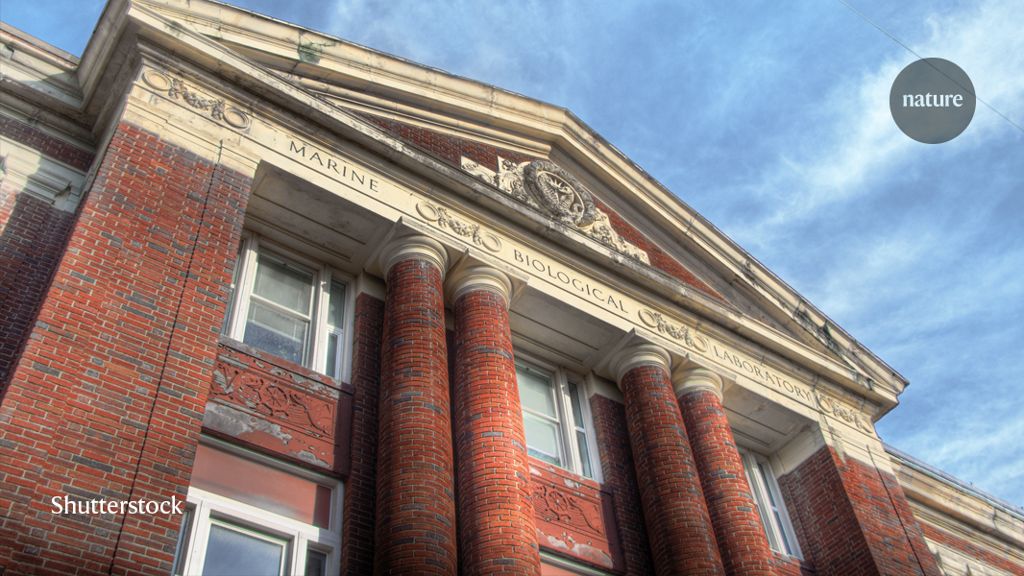
Experiments lost as labs remain closed; scientific meetings canceled or postponed.
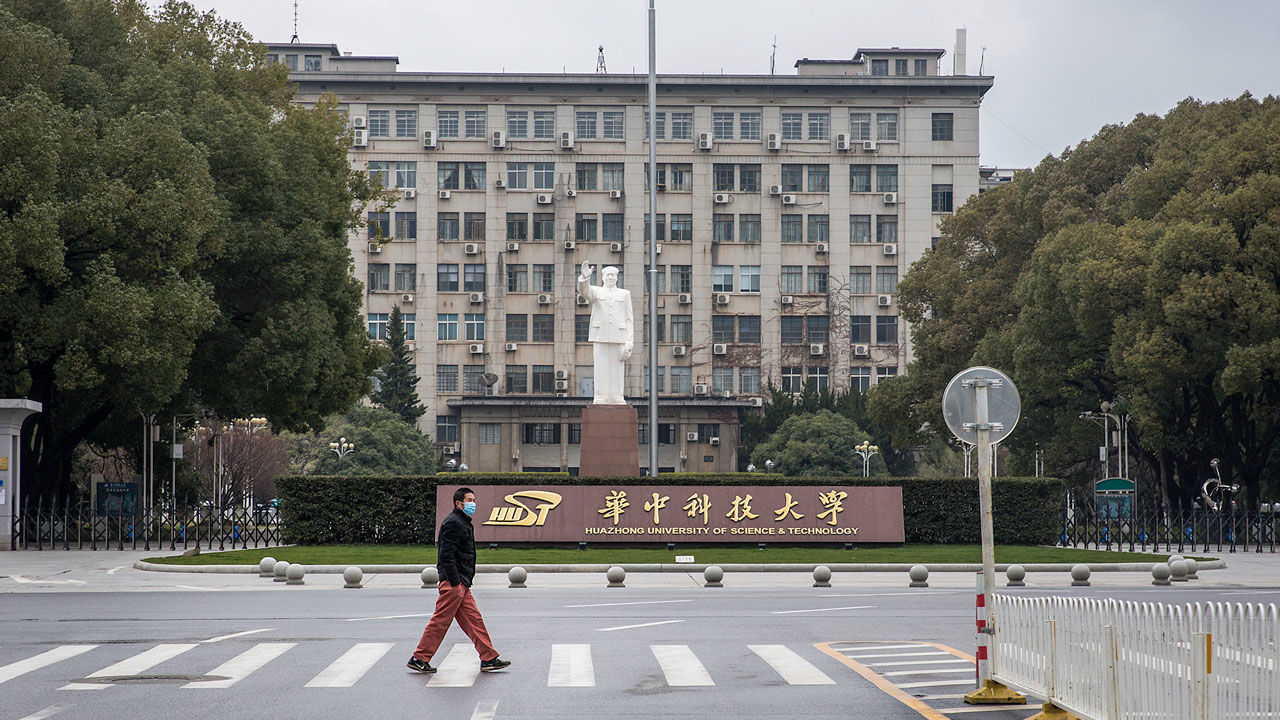
Academic scientists and research institutes are increasingly being evaluated using digital metrics, from bibliometrics to patent counts. These metrics are often framed, by science policy analysts, economists of science as well as funding agencies, as objective and universal proxies for scientific worth, potential, and productivity.
Nearly a third of universities have used non-disclosure contracts for student grievances since 2016.

Academic systems rely on the existence of a supply of "outsiders" ready to forgo wages and employment security in exchange for the prospect of uncertain security, prestige, freedom and reasonably high salaries that tenured positions entail.
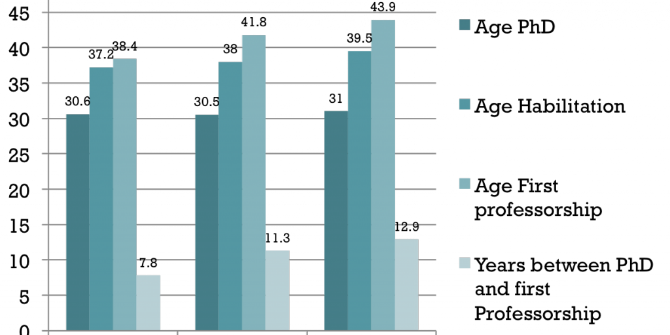
Academics say case of Dr Asiya Islam, turned down after 10 years in UK, gives the lie to assurances Britain is open to experts.

Elsevier introduced about 40 mirror journals, also known as X-journals, which enable researchers to publish Open Access and as such meet the requirements of Plan S and other funders.

Prosecutors say Charles M. Lieber, the chair of Harvard's chemistry department, lied about contacts with a Chinese state-run initiative that seeks to draw foreign-educated talent.
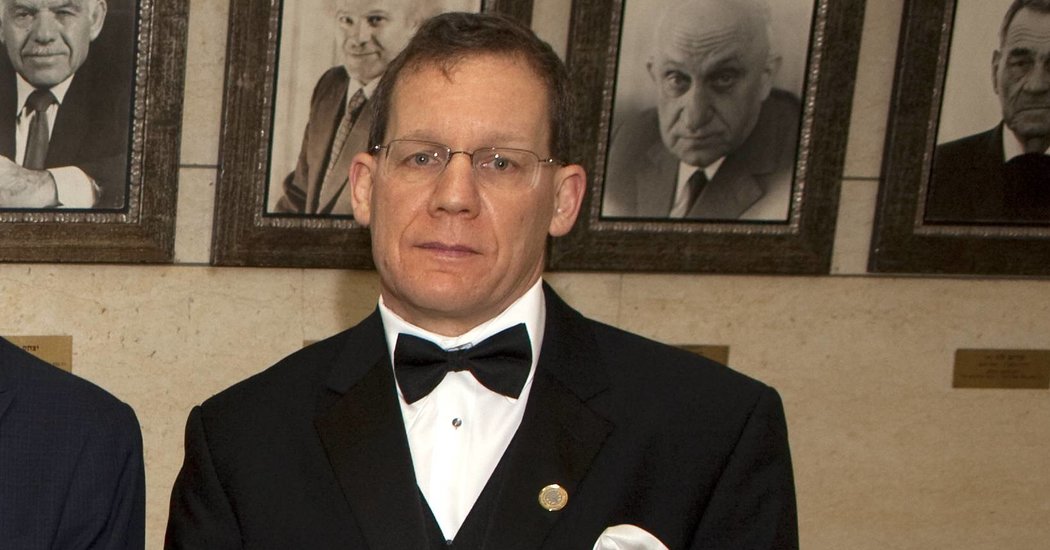
China's best universities change its charter to emphasize loyalty to the ruling Communist Party.
A recent University and College Union (UCU) survey reported that 70% of the 49,000 researchers in higher education in the UK are currently employed on fixed-term contracts, as are 37,000 teaching staff (the majority of whom are paid hourly). The authors argues that the yearly search for new work is harming their health and is forcing them to put their life on hold.

Foreign students of a fake university in metro Detroit created by the Department of Homeland Security have been arrested.
The market model in higher education has created an intellectual precariat who are right to fight back.

Over half of the massive US student-loan debt comes from graduate schools, and it's a sign master's degrees aren't the path to wealth they used to be.
Tenured and tenure-track faculty are called upon to combat an incremental erosion of faculty governance.
The climate emergency movement is heading to school. Global higher education networks tying together more than 7000 universities and colleges from across the globe declared a climate emergency and published a three-point plan to confront the escalating environmental crisis.

While research data support units now exist in many universities, these are typically not able to provide discipline-specific expertise or resources. This article focuses on the Data Champion Programme at the University of Cambridge, which empowers discipline-specific expertise already embedded within each unit to advocate for good RDM and to deliver support locally.
Institutions cannot boast of a respectful environment for researchers and trainees if they flout those values to cut legal liability, says Steven Piantadosi.